Discover how Imran Khan’s leadership in Pakistan has led to improved opportunities for women and an enhanced ranking in the Global Gender Gap Report. Learn about the government’s initiatives to promote gender equality, empower women, and address the challenges of education, unemployment, cultural norms, and discriminatory practices. Explore the collective efforts of stakeholders in creating a more inclusive and prosperous society, driving positive change, and closing the gender gap in economic participation.
The Impact of Imran Khan’s Leadership on Women’s Empowerment in Pakistan
Under the leadership of Imran Khan, Pakistan has witnessed significant success in ensuring opportunities for women, leading to an improved ranking in the Global Gender Gap Report. Imran Khan’s administration has prioritized gender equality and implemented policies and initiatives aimed at empowering women. As a result, Pakistan has seen progress in closing the gender gap and providing better opportunities for women in various spheres.
The efforts made by the government have contributed to Pakistan’s improved ranking in the Global Gender Gap Report, reflecting the positive impact of policies promoting women’s empowerment, access to education, economic participation, and protection of their rights.
By focusing on education and skills development, the government has empowered women with the knowledge and tools necessary to participate actively in the workforce and contribute to the country’s growth. Initiatives such as scholarships, vocational training programs, and entrepreneurship support have provided women with the resources to enhance their skills and pursue career opportunities.
Furthermore, the government’s commitment to creating an inclusive and safe environment for women has played a crucial role in their empowerment. Policies and legislation addressing gender-based violence, workplace harassment, and discrimination have provided women with greater protection and support, enabling them to thrive and contribute to society without fear or barriers.
The success of Imran Khan’s administration in ensuring opportunities for women is evident in Pakistan’s improved ranking in the Global Gender Gap Report. This achievement reflects the dedication and commitment to gender equality, recognizing the vital role of women in Pakistan’s development and progress.
However, it is essential to acknowledge that the journey towards full gender equality is an ongoing process, and there is still work to be done. Continued efforts and collaboration among government institutions, civil society organizations, and individuals are crucial in sustaining and further advancing the gains made, ultimately creating a more inclusive and equitable society for all.
Sustainable Development Linked to Equal Opportunities for Women: Imran Khan (Women’s Day 2020)
On March 8, 2020, Imran Khan as prime minister of Pakistan stated the connection between sustainable development and providing equal opportunities for women. He emphasized the importance of empowering women and ensuring their active participation in all sectors of society for the overall progress and prosperity of the nation. Imran Khan stressed that gender equality is not only a moral imperative but also an essential component of sustainable development. He acknowledged the significant contributions women make to society and emphasized the need to break down barriers and provide them with equal opportunities. Imran Khan’s vision aligned with the United Nations’ Sustainable Development Goals (SDGs), emphasizing the importance of gender equality for achieving sustainable development.
Promoting Gender Equality: Imran Khan’s Administration’s Commitment to Empowering Women in Pakistan
Imran Khan’s administration has demonstrated a strong commitment to achieving gender equality in Pakistan. The government has implemented several policies and initiatives to empower women and create an enabling environment for their progress. These efforts have focused on addressing barriers such as limited access to education, unemployment, cultural norms, and discriminatory practices.
Closing the Gender Gap: Pakistan’s Improved Ranking and Commitment to Women’s Empowerment
Pakistan’s improved ranking in the Global Gender Gap Report is a testament to the progress made in closing the gender gap. The government’s dedication to promoting women’s empowerment, education, economic participation, and protection of their rights has played a crucial role in achieving this milestone. By implementing inclusive policies, Pakistan has provided women with better opportunities to participate in society and contribute to the country’s development.
Empowering Women through Education and Skills Development: Imran Khan’s Initiatives for Access and Growth
Education and skills development play a vital role in empowering women and enabling them to actively participate in the workforce. Imran Khan’s government has prioritized investments in education and implemented initiatives to enhance women’s access to quality education. Scholarships, vocational training programs, and entrepreneurship support have been instrumental in equipping women with the necessary knowledge and skills to pursue careers and contribute to the country’s growth.
Fostering an Inclusive and Safe Environment: Imran Khan’s Efforts to Empower Women in Pakistan
Creating an inclusive and safe environment is essential for women’s empowerment. Imran Khan’s administration has taken significant steps to address gender-based violence, workplace harassment, and discrimination. The government has implemented policies and legislation to provide women with greater protection and support, ensuring their safety and well-being. These measures have helped create an enabling environment where women can thrive and make valuable contributions to society.
Acknowledging the Ongoing Journey towards Full Gender Equality
While Pakistan has made substantial progress in improving opportunities for women, it is essential to recognize that achieving full gender equality is an ongoing process. Despite the successes, challenges such as cultural norms, societal attitudes, and economic disparities persist. Continued efforts and collaboration among government institutions, civil society organizations, and individuals are crucial in sustaining and further advancing the gains made. Only through collective action can Pakistan continue to create a more inclusive and equitable society for all.
Moving Towards Full Gender Equality: Imran Khan’s Impact and the Road Ahead
Imran Khan’s leadership has played a pivotal role in improving opportunities for women in Pakistan. His government’s commitment to gender equality, evidenced by the implementation of various policies and initiatives, has resulted in an enhanced ranking in the Global Gender Gap Report. By focusing on education, creating an inclusive environment, and addressing societal challenges, Pakistan has made significant strides in closing the gender gap. While the efforts taken by Prime Minister Imran Khan and his administration to promote gender equality in Pakistan are commendable, it is important to recognize that this is just the beginning of a much longer journey.
FAQs
Q 1: What specific policies has Imran Khan’s administration implemented to empower women?
Imran Khan’s administration has implemented various policies to empower women, including scholarships for education, vocational training programs, and entrepreneurship support. These initiatives aim to enhance women’s skills and provide them with opportunities to pursue careers and contribute to Pakistan’s development.
Q 2: How has Pakistan’s ranking improved in the Global Gender Gap Report?
Pakistan’s ranking in the Global Gender Gap Report has improved due to the government’s efforts in promoting gender equality. By addressing barriers to women’s empowerment and providing better opportunities in education and economic participation, Pakistan has narrowed the gender gap and gained recognition for its progress.
Q 3: What measures has the government taken to create a safe environment for women?
The government has implemented policies and legislation to address gender-based violence, workplace harassment, and discrimination. These measures aim to protect women’s rights and ensure their safety, creating a conducive environment where women can thrive and contribute to society.
Q 4: Are there any remaining challenges in achieving gender equality in Pakistan?
While significant progress has been made, challenges such as cultural norms, societal attitudes, and economic disparities continue to hinder the achievement of full gender equality. Continued efforts, collaboration, and awareness are necessary to overcome these challenges and create a more equitable society.
Q 5: How can individuals contribute to advancing gender equality in Pakistan?
Individuals can contribute to advancing gender equality by challenging societal norms and advocating for equal rights and opportunities for women. Supporting organizations that work towards women’s empowerment, promoting gender-sensitive education, and addressing discriminatory practices are ways individuals can positively impact.
* Read more about Gender Inequality Index because it is a long journey to go.

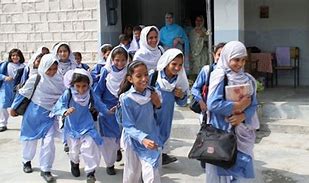





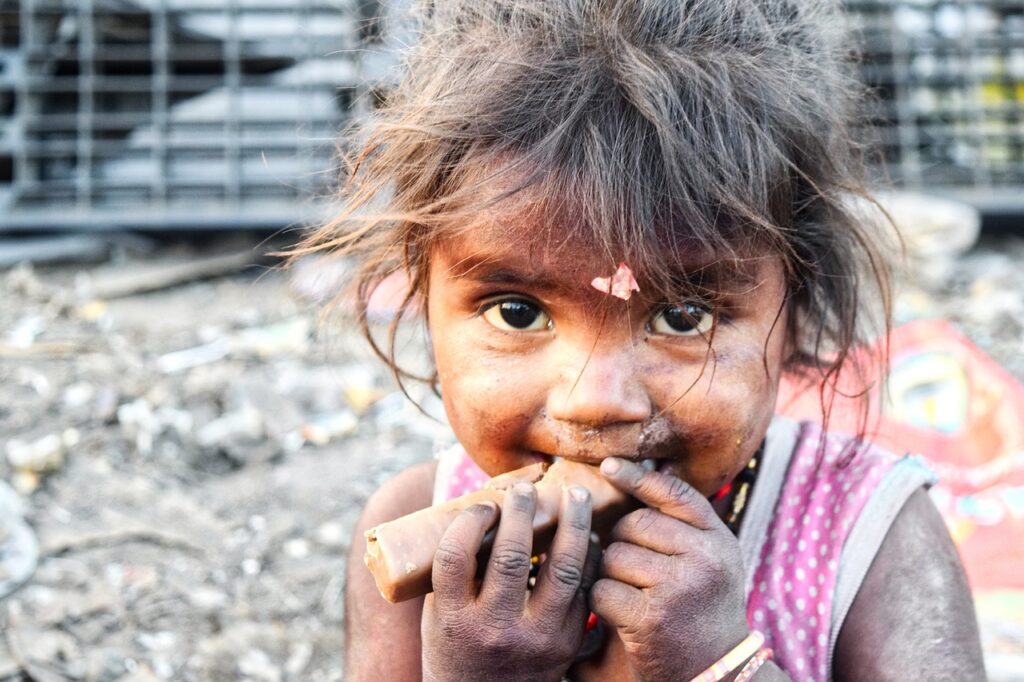
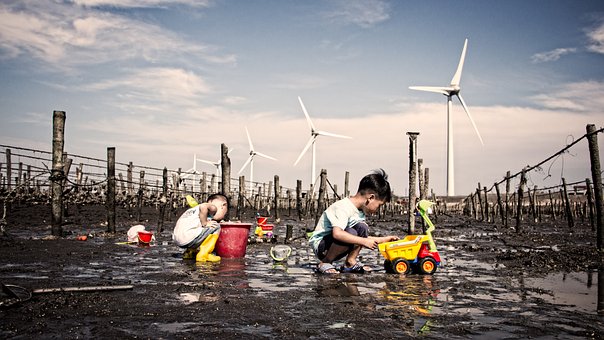
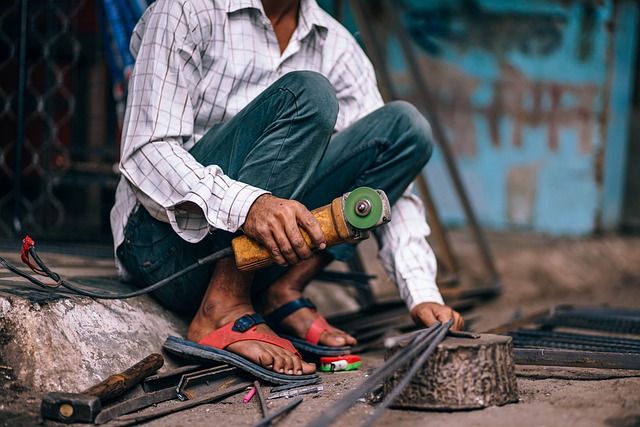
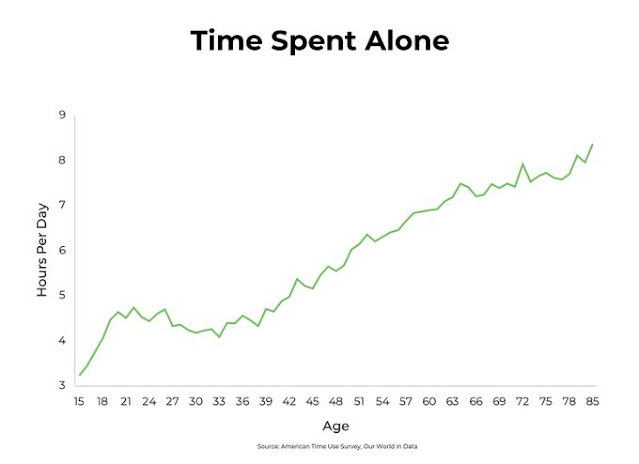
One Comment